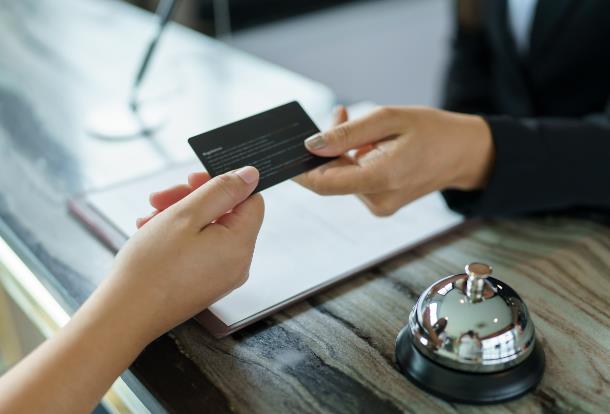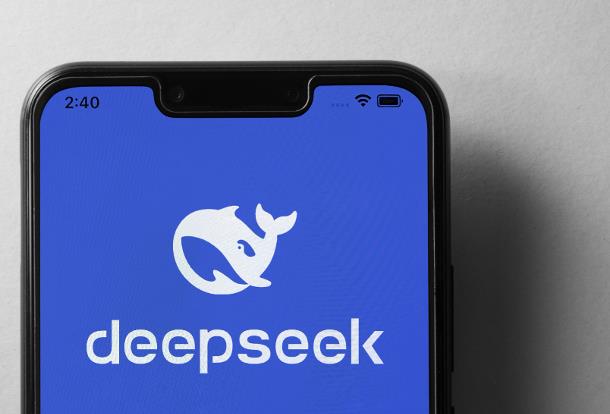TUI Travel has reported strong online growth highlighting £4.1 billion in online sales for mainstream business for the year ended 30 September 2014.
The figure was announced as part of its financial results presentation which show an increase in operating profit to £612 million compared to 2013’s figure of £589 million.
Revenue was down three percent to £14.6 billion year-on-year while pre-tax profit increased three percent to £475 million.
Looking back to 2007 when the company embarked on its current strategy to move away from the “commodities space”, chief executive Peter Long says the company has not “waivered from the desire to create more unique holiday experiences.”
Currently 71% of holidays are only available through TUI Travel with a target of 76% by 2017.
Long also touched on this ‘control of the end-to-end customer experience’ as a big strength and point of differentiation for TUI Travel over competitors which is ‘control of the end-to-end customer experience.’
Further highlights for the year revealed by the tour operating giant show online now accounts for 38% of sales with a target of 50% by 2017. Interesting to note that rival Thomas Cook, which released its annual results last week, says it is aiming for 50% web penetration by 2015.
UK online sales have already hit 50% with a goal to increase that to 60% by 2017.
Ongoing developments are planned for the TUI Digital Assistant with mobile check-in coming in the first quarter of next year, online hotel check-in during the second quarter and developments around wearables such as wristbands slated for the third quarter.
Long describes wearables, such as wristbands which can be used as room keys, for payment in restaurants and bars, as a huge opportunity for the company and something it would not be able to do if it was sharing hotels with other tour operators.
He adds that the plan is to develop a concierge-style service enabling the operator to ‘enhance and enrich’ the customer experience and allow them to interact in a non-intrusive way.
The company continues to push sales through its own channels with 68% of holidays now sold directly and a goal of 81% by 2017.
The accommodation wholesale business division showed a 16% increase in room nights with growth driven by the Americas and Asia.
Further highlights for the accommodation side included the acquisition of Roi Back, an online booking technology firm for independent hotels, earlier this year and a three-year deal to provide accommodation and activities to easyJet.
On which parts of the ‘specialist & activity’ business the company would want to maintain, chief financial officer says the company will be in a position to talk about that in the spring.
Commenting on the merger with German parent TUI AG, Long says the new company will start trading on 17 December.
“It takes our company to a different level and it’s clear that one TUI is better than two separate ones and bringing together content from AG with the tour operating businesses from TUI Travel creates an even stronger company.”




